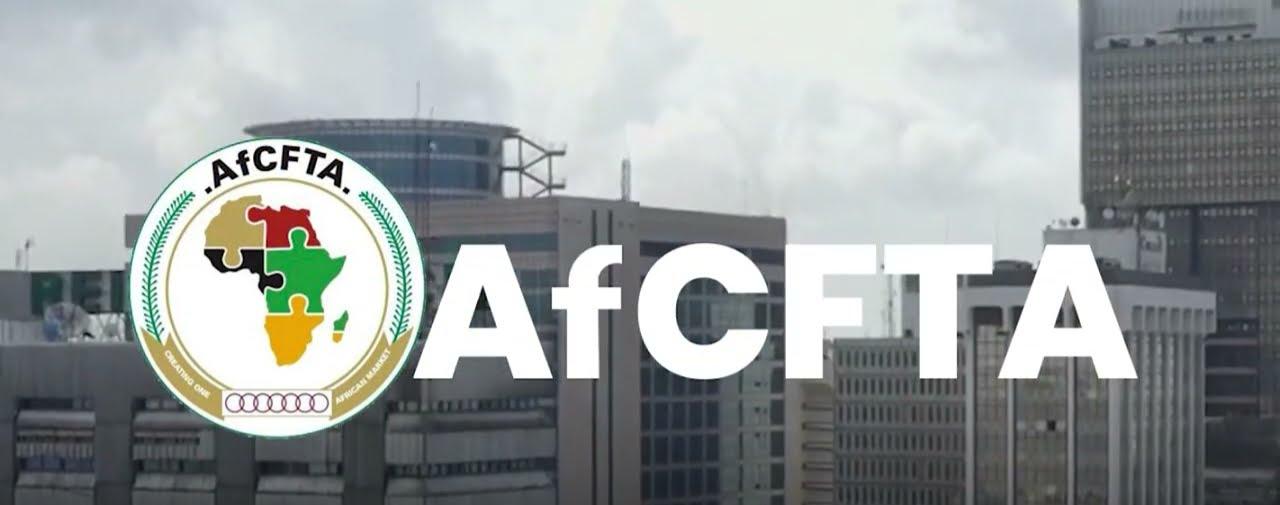The African Continental Free Trade Area, AfCFTA, has launched its groundbreaking Protocol on Digital Trade, DTP, which is expected to offers a vital blueprint to boost economic growth, job creation, and technological advancement.
The African Continental Free Trade Area, AfCFTA, has launched its groundbreaking Protocol on Digital Trade, DTP, ushering in a new era for cross-border e-commerce and digital services across Africa. For Cameroon, where the digital economy is gaining momentum, this protocol offers a vital blueprint to boost economic growth, job creation, and technological advancement. The DTP, one of eight key protocols under the AfCFTA agreement, aims to establish a harmonized and secure environment for digital trade across the continent.
It outlines comprehensive rules on digital identity, cross-border data flows, online payments, source code disclosure, cybersecurity, fintech, and emerging technologies. “Cameroon stands to benefit immensely,” said Haiwang Djamo, National Coordinator of the Centre for Economic Prospective and International Research, CEPI. “Start-ups like Petty Cash SaS and Agrix-Tech will find it easier to operate across African markets without facing multiple regulatory hurdles.” According to government data, the digital economy already contributes approximately five percent to Cameroon’s Gross Domestic Product, GDP, and as early as 2016, 14.4 percent of local businesses’ revenue was attributed to internet-based sales.
E-commerce platforms like Jumia and Kaymu have become household names, a testament to growing consumer confidence in online shopping. Internet usage is also on the rise. As of January 2024, Cameroon had an internet penetration rate of 43.9 percent, with nearly 13 million active users. Smartphone adoption continues to expand, and e-commerce now accounts for 16 percent of online transactions in the country. Despite this progress, the road ahead is not without challenges. Experts warn that the full potential of the DTP will only be realized if the government takes concrete steps to align domestic laws with the protocol’s provisions.
Infrastructure deficits, particularly in rural areas, remain a significant barrier. “The government must prioritize digital infrastructure and financial inclusion,” said Djamo. “Investing in fiber optic expansion, digitizing customs, and collaborating with regional bodies like CEMAC will be key to unlocking the protocol’s benefits.” Policymakers are being urged to set measurable goals, such as laying 1,000 kilometers of fiber optic cable annually, to close the connectivity gap and ensure inclusivity.
Businesses across the continent are also calling for more transparency, including accessible regulatory information to help navigate intra-African trade. The integration of the Pan-African Payment and Settlement System, PAPSS, into national banking systems is another priority. If effectively adopted, PAPSS could reduce transaction costs and speed up payments for cross-border digital trade, giving Cameroonian enterprises a competitive edge. With the right mix of policy reforms, infrastructure investment, and regional cooperation, Cameroon has the opportunity to position itself as a leading player in Africa’s digital economy.

